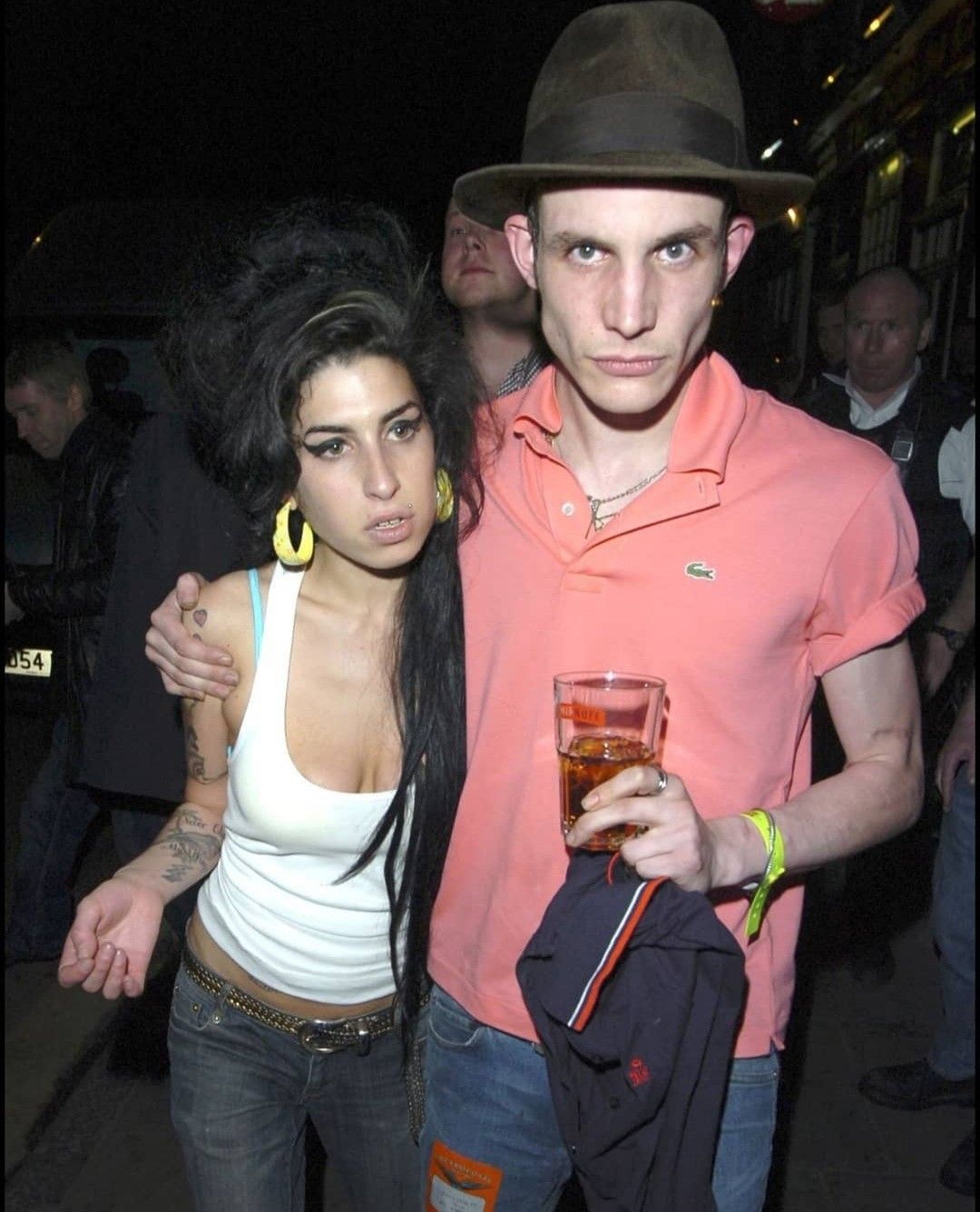
Introduction
Wyclef Jean, a Grammy-winning musician and former member of the Fugees, remains a significant figure in the music industry and beyond. Known for his eclectic style and fusion of diverse musical genres, Jean has played an important role in popularising hip-hop while also engaging in social and humanitarian causes. His work emphasizes the relevance of artists as advocates for change and reflects the intertwining of art and activism.
Musical Career and Achievements
Wyclef Jean first rose to prominence in the mid-1990s when he formed the Fugees with Lauryn Hill and Pras Michel. The group’s album, The Score, released in 1996, became a cultural phenomenon, blending hip-hop with reggae and soul, and featuring hits like “Killing Me Softly”. Following their success, Jean launched a solo career with his debut album The Carnival in 1997, which showcased his versatility as a musician. His unique ability to merge different styles has earned him numerous accolades.
Over the years, Jean has collaborated with many artists across various genres, including Shakira, Carlos Santana, and Lil Wayne. His impact on global music is illustrated by his ability to bring together diverse sounds to create something entirely new and appealing.
Humanitarian Efforts
Beyond his music career, Wyclef Jean is deeply committed to humanitarian work, particularly in his home country of Haiti. After the devastating earthquake in 2010, he founded the Yéle Haiti Foundation, which aimed to provide relief and support to affected communities. Despite facing challenges and criticisms regarding his management of funds, Jean’s commitment to aiding his nation has been unwavering.
In 2021, Jean continues to advocate for his homeland, calling attention to the political and economic turmoil Haiti faces. His celebrity status allows him to bring international focus to these issues, highlighting the intersection of music and social consciousness.
Conclusion
Wyclef Jean remains a prominent figure in both the music industry and philanthropic circles. His ability to connect with audiences through both melody and message has cemented his legacy as not only an entertainer but also a catalyst for social change. As Jean continues to evolve as an artist, it is expected that he will use his platform to advocate for the causes he believes in. His efforts inspire many and exemplify the crucial role artists can play in shaping societal perspectives and initiating change. Observers of the industry are likely to watch his next moves closely, eager to see how he balances his dual passions for music and humanitarian work in the years to come.
You may also like

The Evolving Career of Louis Tomlinson

Jay Z: The Evolution of a Music Legend

The Lasting Legacy of Amy Winehouse
SEARCH
LAST NEWS
- Danhausen: The Misstep of WWE’s Enigmatic Debut at Elimination Chamber
- West indies vs india: India Secures Semi-Final Spot with Thrilling Victory
- Rangers vs celtic: Thrilling Old Firm Clash Ends in Dramatic 2-2 Draw
- Man united vs crystal palace: A Thrilling Comeback at Old Trafford
- St. david’s day: Celebrating Heritage and Unity at Llandaff Cathedral